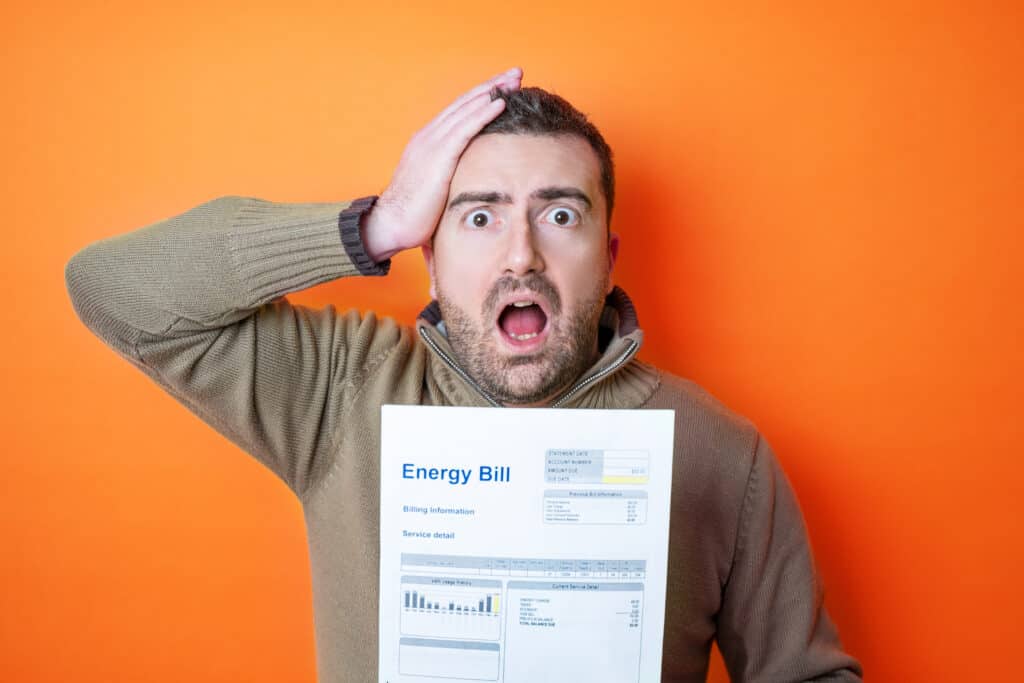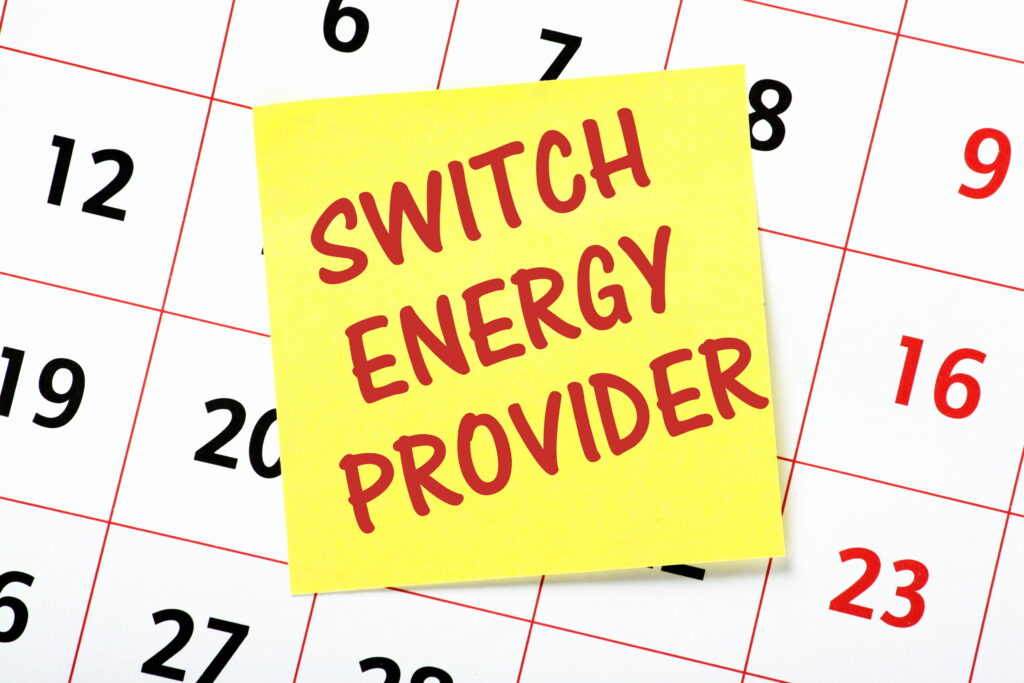Your Guide to Savings and Better Service
In certain deregulated states, consumers can choose their electricity supplier through Consumer Energy Choice Programs, also known as energy choice or retail choice.
These programs create a competitive energy market, potentially leading to lower prices, customizable plans, and improved service.
Table of Contents
Understanding Energy Choice
In deregulated energy markets, consumers have the power to choose their electricity supplier through Consumer Energy Choice Programs.
These programs separate electricity supply from delivery, allowing competitive suppliers to offer consumers various rate plans and energy options.
Under this model, your local utility company continues to deliver electricity to your home or business, maintain power lines, and respond to outages.
However, you can shop for the best rates and plans from competitive suppliers who purchase electricity from power generators and offer it to consumers.
By taking advantage of energy choices and comparing offers from different suppliers, you may be able to:
- Save money on your monthly electricity bills
- Choose from a variety of rate structures, such as fixed-rate or variable-rate plans
- Access innovative products and services, like renewable energy options or smart home technology
- Benefit from improved customer service and support
Energy choice puts the power in your hands, allowing you to find a plan that best suits your energy needs, budget, and preferences.
The Deregulated Electricity Market
In deregulated energy markets, separate entities handle the three main components of electricity service:
- Generation: Power plants, including coal, natural gas, nuclear, and renewable energy facilities, generate electricity.
- Transmission: High-voltage power lines, operated by regional transmission organizations (RTOs) or independent system operators (ISOs), transport electricity from power plants to local distribution networks.
- Distribution: Local utility companies, also known as electric transmission distribution utility companies (TDUs), deliver electricity to homes and businesses through lower-voltage power lines, maintain the power grid, and respond to outages.
In addition to these three components, deregulated markets introduce a fourth entity:
- Retail Suppliers: Competitive retail electricity providers (REPs) purchase electricity from power generators, offer consumers various rate plans and energy options, and handle customer service and billing.
This unbundled structure fosters competition and innovation in the electricity market.
REPs compete for customers by offering competitive rates, various plan options, and value-added services.
As a result, consumers can benefit from lower prices, improved service, and access to innovative energy solutions.
Moreover, supplier competition encourages developing and adopting new technologies, such as renewable energy sources and energy efficiency measures.
As suppliers strive to differentiate themselves in the market, they may offer green energy plans, smart home technology, or other innovative products and services that benefit consumers and the environment.
Deregulation, by introducing competition and innovation into the electricity market, has the potential to create a more efficient, customer-centric, and environmentally friendly energy landscape.
State-by-State Energy Choice Programs
The availability and rules of Consumer Energy Choice Programs vary by state and utility service area. Some notable programs include:
Texas – Power to Choose
Managed by the Public Utility Commission of Texas, Power to Choose enables consumers to compare electricity rates and plans, providing a powerful tool to make informed decisions.
Ohio – Apples to Apples
Offered by the Public Utilities Commission of Ohio, Apples to Apples allows consumers to compare electric and natural gas rates from various suppliers, ensuring they get competitive rates.
Connecticut – Energize Connecticut
Energize Connecticut assists consumers in comparing and selecting electricity providers in Connecticut’s deregulated energy market.
Pennsylvania – PA Power Switch and PA Gas Switch
PA Power Switch, managed by the Pennsylvania Public Utility Commission, enables consumers to compare and switch electric and gas providers.
Illinois – Plug In Illinois
Plug In Illinois is a service the Illinois Commerce Commission provides that helps consumers compare and choose their electricity suppliers.
New York – New York Power to Choose
New York Power to Choose provides New Yorkers a platform to compare electricity providers, echoing Texas’s Power to Choose functionality.
Massachusetts – Energy Switch Massachusetts
Energy Switch Massachusetts lets Massachusetts residents compare and change their electricity and gas suppliers.
Maryland – Maryland Electric Choice
Maryland Electric Choice lets consumers compare rates and services from different electric providers, empowering them to choose their energy consumption.
Factors Affecting Electricity Rates
Several factors can influence electricity rates in deregulated states:
- Energy sources: States that rely heavily on expensive fuels like natural gas or import electricity may have higher rates.
- Market conditions: Supply and demand, as well as market competition, can impact electricity prices.
- Transmission and distribution costs: Maintaining and upgrading the power grid can affect rates.
- Weather: Extreme temperatures can increase electricity demand and prices, particularly during summer and winter.
- Regulatory policies: State regulations and incentives for renewable energy can influence electricity costs.
Comparing Electricity Companies
- Gather your current electricity bill and usage information.
- You can compare rates, contract terms, and renewable energy options using your state’s energy choice program website or comparison tool.
- Carefully review the contract’s fine print, including length, cancellation fees, and additional charges.
- Select a provider and plan, then complete the enrollment process online or by phone.
Frequently Asked Questions
Frequently asked questions about Consumer Choice Programs.





